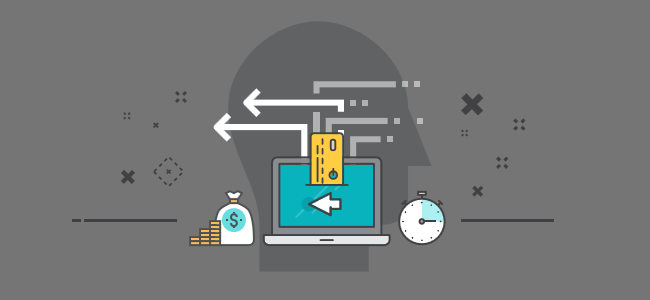What is a Chargeback?
June 18, 2016
What is a chargeback?

Online business owners which sell goods or services need to know that accepting credit card payments comes with chargebacks. I don’t try to tell that you need to face with that, but it’s better to be prepared for the entire chargeback process. What is a chargeback?
Chargebacks, even in a most ideal situation, can be costly for a merchant. In a worst-case scenario, they can hold up huge funds from being transferred to the merchant’s bank account keeping them out from needed money for operations and development. In order for a merchant to really have the capacity to decrease and diminish the quantity of chargebacks, it gets vital to comprehend what they are, the reason they happen, and how to avoid them.
When Chargebacks Occur?
Simply put, chargebacks happen when a customer disputes a charge on his/her bill. They may dispute it for the following reasons:
- An accidental twice charging to an account
- A customer is not satisfied with the product or service that was received
- The business name is not recognized on the customer’s bill
- Fraudulent activity happening due to an unauthorized purchase or identity theft
Chargeback is a form of customer protection – when transaction is proven to be fraudulent, the bank refunds disputed value to the cardholder.
Why Do Chargebacks Happen?
Most transactions are given 120 days from when the charge is set on the bill for a client to dispute a charge, and the process could take more than two or three months. The procedure generally starts when the banks issues a code for the dispute. Subsequently, the merchant’s bank withholds the funds being referred to while the client gets a refund. Generally, the sale is reversed.
When this happens, it turns into the merchant’s responsibility to either acknowledge or debate the chargeback. Depending upon the particular purpose behind the chargeback, the merchants will need to show proof in favor to the cardholder association. If they should decide in the merchant’s then the customer will be charged a second time with funds being credited back to the merchant. No matter who wins, the merchant ought to refund or charge the customer again as this will be taken care of by the associated banks.
How Does A Merchant Prevent Chargebacks?
There are a couple ways merchants can avoid chargebacks. Some of them are:
- Quick response. If a merchant doesn’t react to a chargeback in a timely way, banks will simply issue the chargeback.
- Easy to understand return policies. Customers ought to effortlessly and without confusion be able to comprehend your organization’s return policy. Also, offering awesome client service can aid address any complaints the client may have since they may turn to a chargeback as a last resort to recover their cash.
Use CVV/CVC codes
By requesting that a client give you their CVV/CVC codes (the 3-digit numbers on the back of their card) you will be assured that the card is physically with them and not just a stolen one.
Talk to your customers, so they know the status of their buys. This will make them less likely to debate a buy.
Despite the fact that chargebacks can be a bother for merchants, there are approaches to counteract them just on the off chance that you understand what they are and why they happen. Establishing great approaches and practices can help your business avoid many of these chargebacks prompting more satisfied clients and an expansion in income.
Business & Finance Articles on Business 2 Community
(22)



